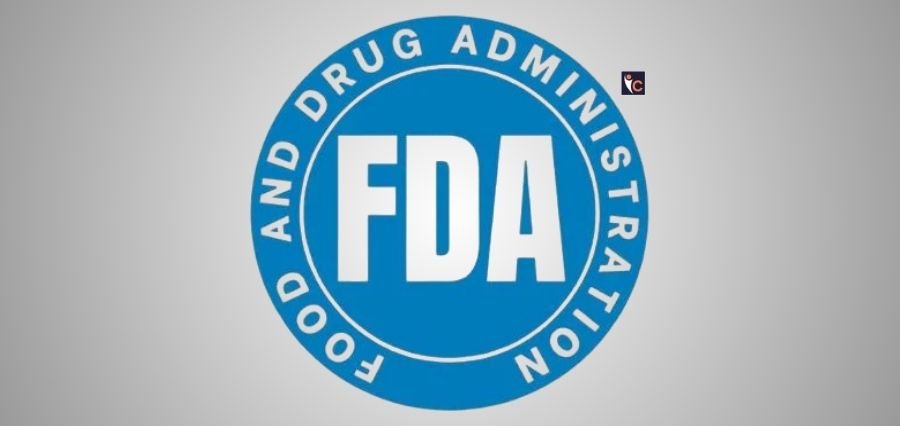Prime Highlights
- FDA allows Sarepta to restart shipping Elevidys to walkable Duchenne muscular dystrophy patients.
- Non-ambulatory administration remains suspended due to safety concerns following recent deaths.
Key Facts
- Fatality among Brazilian child was ruled out as unrelated to Elevidys and was instead blamed on life-threatening influenza complications.
- Two previous deaths among non-ambulatory patients were associated with acute liver failure after treatment.
Key Background
The FDA has lifted its hold on Sarepta Therapeutics’ gene therapy, Elevidys, for ambulatory Duchenne muscular dystrophy (DMD) patients, allowing treatment to resume. The decision comes after a careful review of a recent death in a Brazilian child, who investigators found died from severe influenza A infection rather than the treatment itself.
Elevidys, or delandistrogene moxeparvovec, is an AAV gene therapy to administer a truncated but functional dystrophin gene to boys aged four and above with DMD. It was approved in 2023 under the FDA’s accelerated approval pathway and has been hailed as a breakthrough but carries severe risks, including a black-box warning for acute liver injury.
These current safety concerns were initiated earlier this year after two ambulatory patients — those who are unable to walk — developed lethal liver failure following Elevidys infusion. These prompted Sarepta to voluntarily put on hold its treatment program for non‑ambulatory patients and compelled the FDA to impose broader oversight on Elevidys’ approval. A third death of a patient on yet another experimental Sarepta gene therapy lent itself to regulatory caution.
Since then, Sarepta has updated Elevidys’ labeling and implemented other safety measures, particularly for patients with impaired liver function. Ambulatory patients can now remain on therapy but treatment of non‑ambulatory patients remains suspended, with Sarepta working in close cooperation with the FDA to identify risk factors and develop strategies to avoid serious adverse effects.
This latest FDA action brings tentative optimism to DMD patient families, as Elevidys remains the only FDA-approved gene therapy for Duchenne muscular dystrophy. However, ongoing studies and safety tests will determine the therapy’s broader release.










